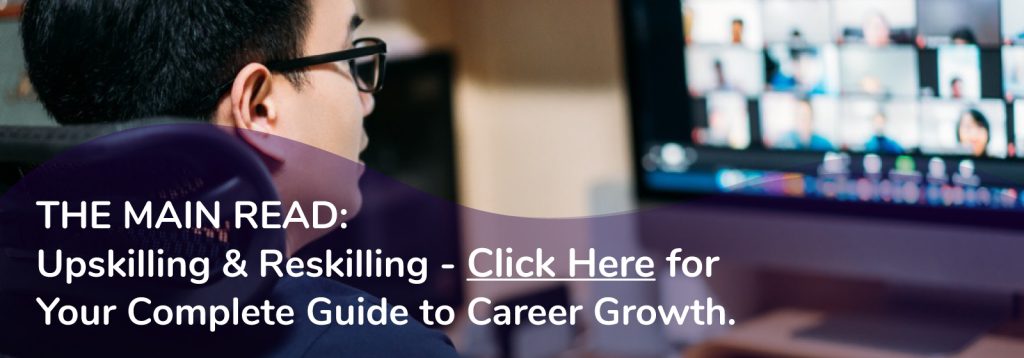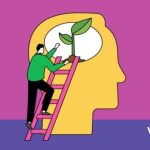Job requirements have changed. More and more jobs are focusing on what you are willing to learn, adapt and apply for tomorrow’s needs. Roles across industries now need transferable skills like writing, managing, strategy and information technology that are still applicable, even with changes in job titles.
Today, 56% of employers say communication skills, written and verbal, are their most valued human strengths followed by collaboration and problem-solving, according to the global Talent Shortage Survey.
Want guidance in figuring out your next steps in career progression? Register to speak to a WSG Career Officer and get support and advice.
So which skills are most in demand?
1. Long-term learnability
Learnability is the foundation of transferable skills. It refers to the desire and ability to continue learning and grow at any stage of your career. To keep this skill sharp, take the time to find out more about unfamiliar topics and dig deep.
2. Situational leadership
A leader that can adapt to situations has much value. According to Situational Leadership Theory, quality leaders know how to read different needs and provide the right approach based on the experience level, difficulty of task and novelty of the situation. Those who possess flexible leadership can transfer across new environments and are high in demand.
3. Teamwork
While automation is augmenting work, teams need to continue working together. Being a team player, especially one who possessing interpersonal skills, is a critical workplace skill that is an asset in various situations.
Developing soft skill abilities can have an immediate and long-term impact on your career. And those are the transferable skills that will continue to be in demand.
So how do you develop transferable skills?
Even if you are highly specialised and skilled at your job, you’d want to remain well-rounded and develop skills that can be applied to new positions.
Do you know what skills you have that are transferable to other industries or functions? These methods could help you better understand which skills you’ll need to develop.
Examine your resume
Review your resume to see what experiences can be applied in new roles. Recognise the transferable skills that are embedded in your current role, such as project management, creativity, communications, planning and collaboration, and identify which ones can be further developed.
Step into new roles
Consider volunteer roles – either within your organisation or externally – that can add expertise and knowledge to your skills toolkit. Volunteering can be an opportunity to try something new. When you are giving back to something you believe in and are passionate about, it is easier to give that extra hour or two each week to learn new skills.
Set accountability goals
Metrics are often associated with performance, which in turn affect your development of soft skills. So you can also create output metrics to set accountability for developing transferable skills.
Transferable skills are becoming more valuable in organisations. That’s why developing these skills are important today, as they become more necessary for tomorrow.
This article is contributed by Manpower Singapore.















